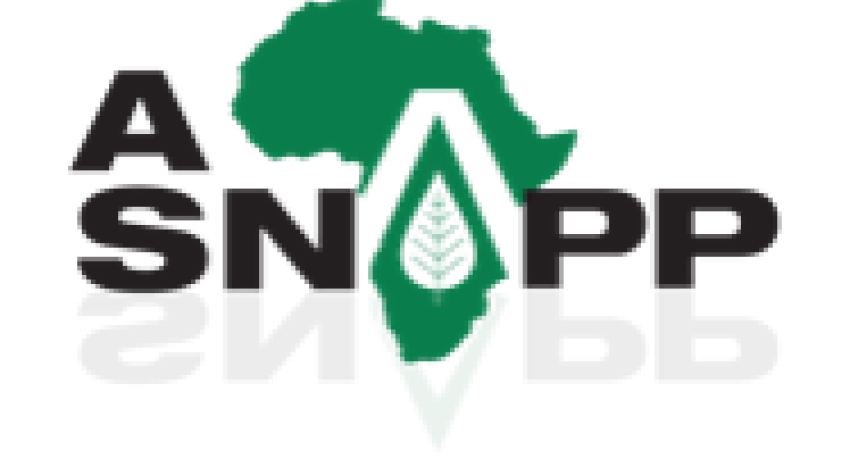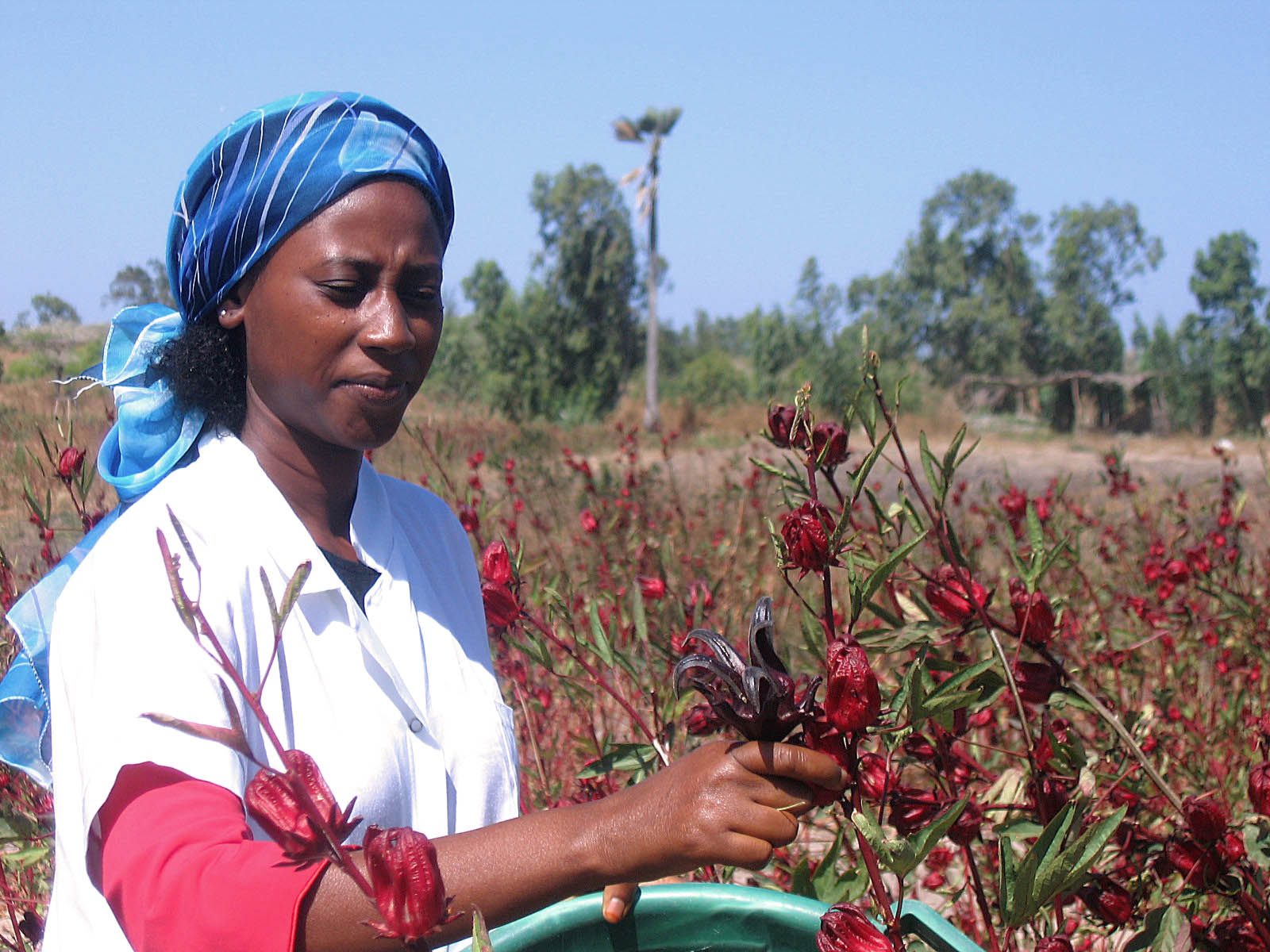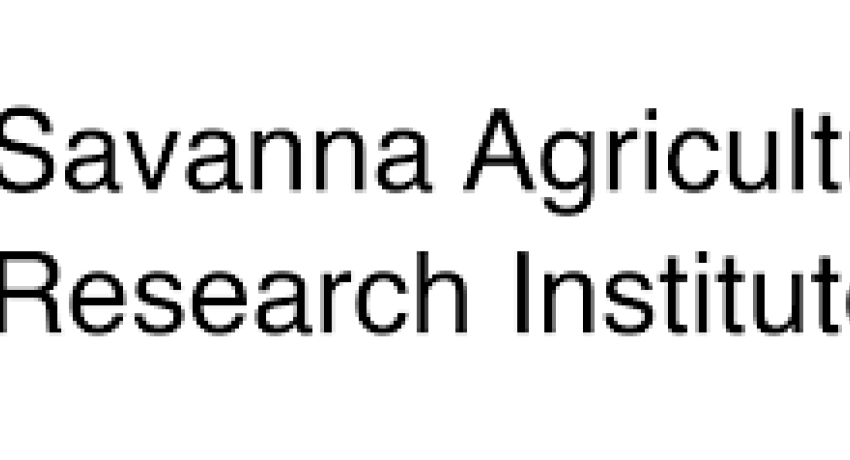The Partnership for Food Industry Development-Natural Products was a 5-year program which aimed at creating sustainable economic development for rural sub-Saharan African communities through the development of the natural plant product sector.
Agribusiness in Sustainable Natural African Plant Products (ASNAPP) was a USAID co-funded program established in 1999 to help develop the natural products sector in Africa by promoting income-generating activities for rural entrepreneurs in a way that improves the livelihoods of rural communities. The programs included herbal teas, spices, medicinal plants and plant butters which are grown, harvested and sold by rural producers globally. Together with public and private sector partnerships the program created sustainable economic growth through product development, market linkages, QA/QC, rural enterprise development, applied research and technology transfer, capacity building and policy advocacy.
- Improve the supply of economically viable and sustainably produced natural plant products of superior quality to identified local, regional and overseas markets with the highest income potential.
- Foster innovation, transfer of technology, and support services that help to increase environmentally sound production systems and sustainable wild collection of natural plant products.
- Build networks among key stakeholders (e.g. growers, wild-crafters, environmentalists, NGOs, herbalists, researchers, and private enterprises) to increase participation of the rural majority in decision-making and value-adding processes to enhance program benefits for rural communities.
- Develop human and institutional capacity among stakeholders in order to strengthen the natural products sector and its ability to contribute to rural economic growth.
- Enhance the information and trade systems linking Africans with international firms and organizations involved in the natural products sector.
- Support vulnerable populations (such as those suffering from war, displacement, HIV, and poverty) in moving into the sustainable development process by providing them with the requisite information and technologies in science, health and agriculture that are related to natural plant products
Quality assurance and quality control
- Developed a quality control and assurance system and process flow for the traditional processing of Kombo nuts, Lippia, Xylopia and GOP
- Developed a training manual on Good Manufacturing Practices (GMP) and GACP for NTFPs and trained over 12,000 collectors and processors
Enterprise development
- Two women processing group (Begoro and Ampenkro ) set-up to process kombo butter for exports. The groups have processed over $100,000 worth of butter over a 3-year period.
- A total of sixty (60) hectares of land was cultivated and / or enriched under the various crop clusters, namely Spices, Herbal Teas, Essential Oils as well as Vegetables and Herbs
Transfer of research and technology
- Successfully propagated Lippia and Cryptolepis through tissue culture technology by Faculty of Agriculture of KNUST
- Developed a low cost hydroponics system by the Faculty of Agriculture
Built Capacity of collecters
- 10,000 posters produced and training conducted in 339 communities in the 6 key regions where botanicals are actively traded.
- Capacity of a total of 10,725 collectors, agents and exporters built in sustainable harvesting and post-harvest handling practices, and export practices.
Policy advocacy
- ASNAPP in conjunction with Ghana Export Promotion Council organized the first PFID partners’ meeting involving 11 institutions from the public, private and research institutions/organizations
- Initiated a discussion on exchange programs between KNUST and Stellenbosch University, to enable students learn alternatively on both campuses. KNUST was to provide extension support.
Initial funding from USAID to undertake the heavy lifting of farmer mobilization, research & market testing provided the foundation for the development of underdeveloped NTFP industry to serve the needs of the growing market. This attracted investment from the private sector to take advantage of emerging opportunities with ASNAPP receiving complimentary projects to expand the initiative






















